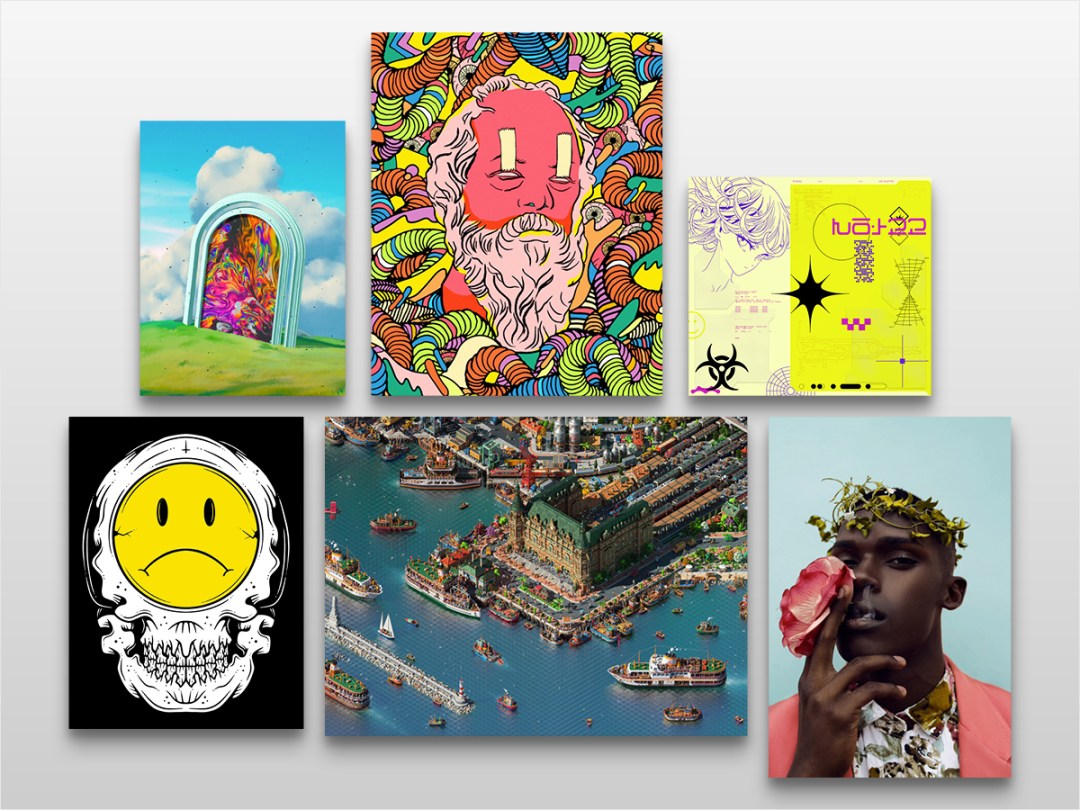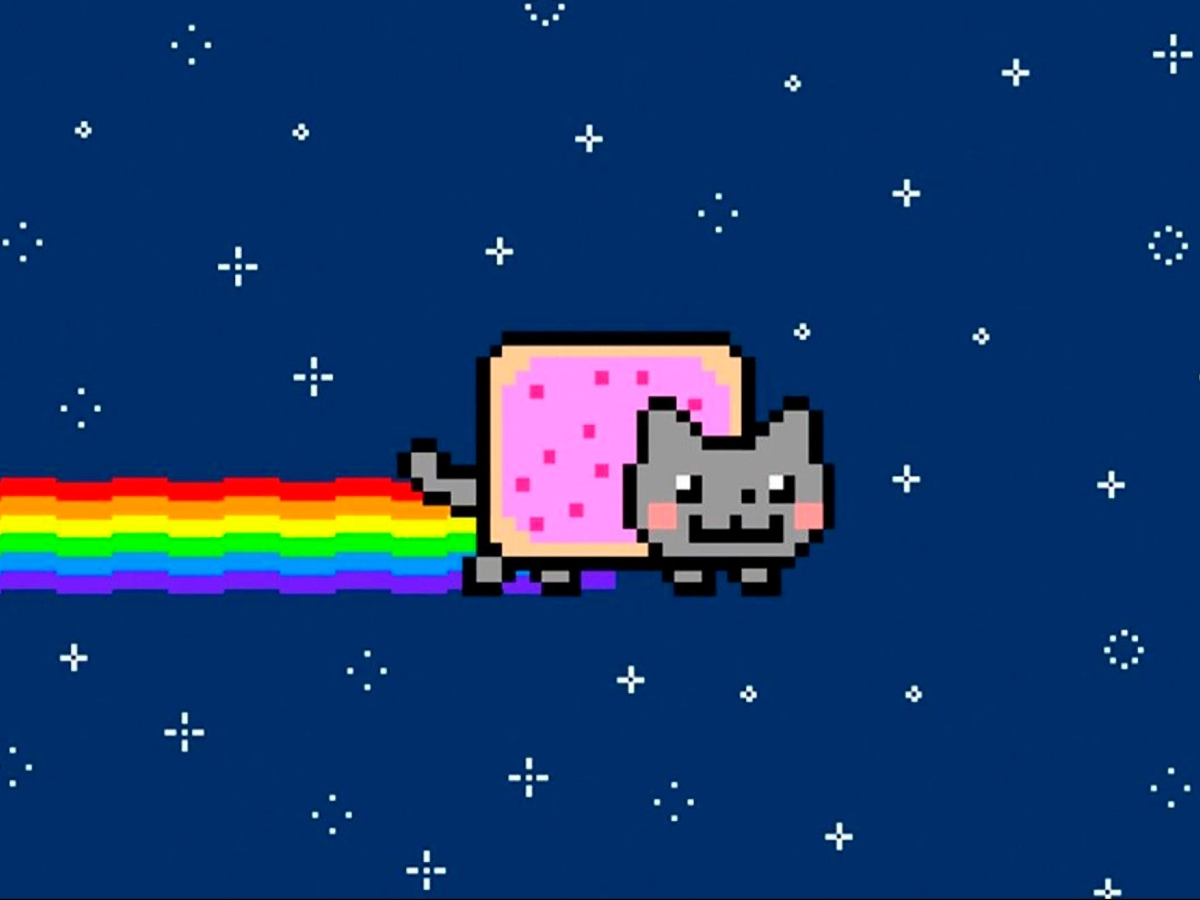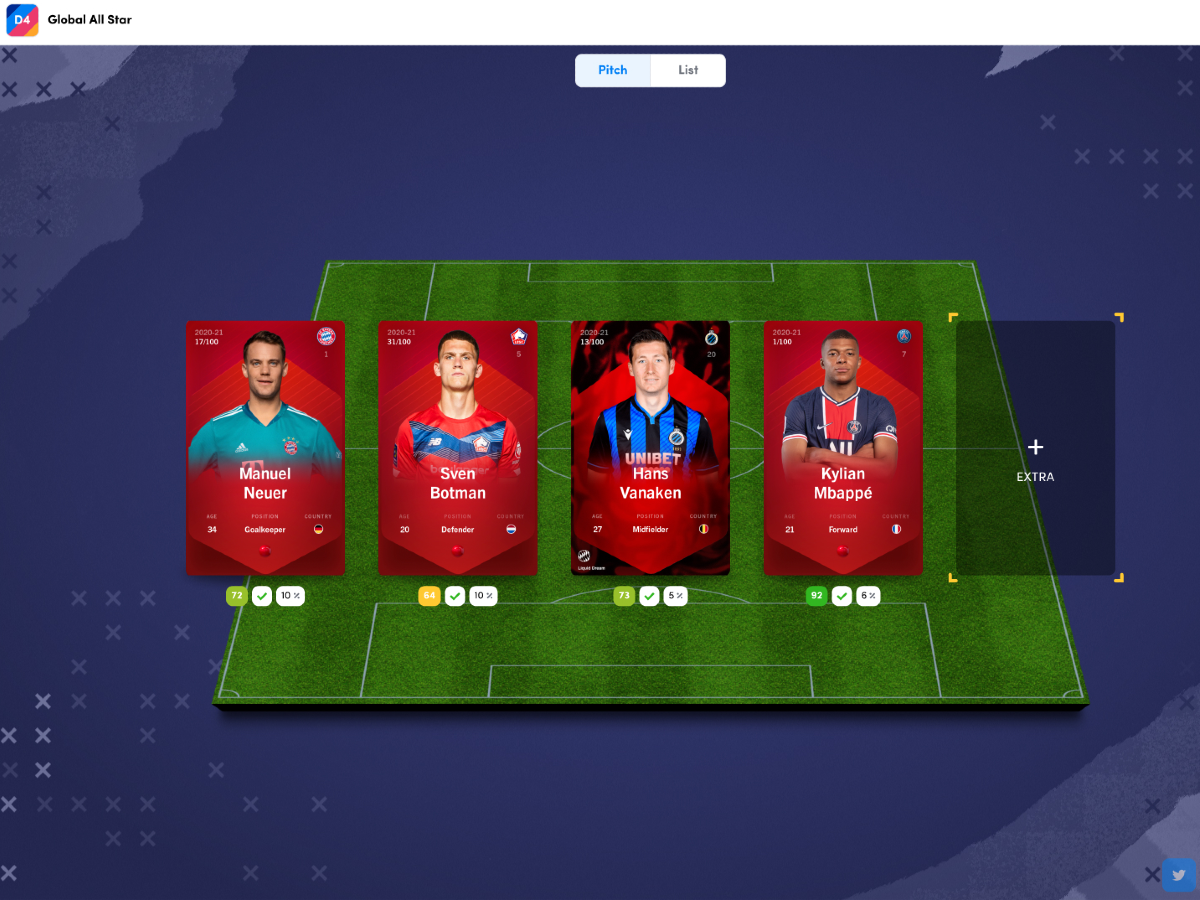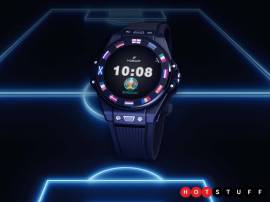What are NFTs?
Everything you need to know about the digital tokens that are selling for millions

Like mortgages, your dreams, or the fortunes of your fantasy football team, talking about crypto tech is usually a pretty good way of getting someone to find somebody else to talk to.
But with NFTs hitting the headlines recently, we thought it was about time somebody put the ‘fun’ in non-fungible tokens. No, seriously.
Read on to find out how they work, what you can do with them, and whether they’ll make you a millionaire.
What’s all the fuss about, then?
NFT stands for non-fungible token, which, despite what it sounds like, has nothing to do with mushrooms.
An NFT’s non-fungibility means it’s unique, a bit like the digital equivalent of that one-off album that the Wu-Tang Clan recorded and then sold for $2million. That money can be swapped with two bags full of $1million each and it’d still be worth the same, but the album is one of a kind and cannot be replaced.
If it’s digital, can’t somebody just make a copy of it?
Yes, but that’s exactly the point of the NFT. The copy-and-paste nature of digital stuff is what affects its value, but if you tokenise something with an NFT then you have a certificate of ownership and originality that gives it undisputable value.
NFTs are part of the blockchain, similar to cryptocurrencies like Bitcoin or Ethereum, which means every single one can be accounted for with a ledger that includes the details of who owns what. That ledger is kept and maintained by computers all over the world, meaning it can’t be forged. There’s nothing to stop someone copying the original, but the NFT and ledger will prove who bought the original.
It’s a bit like having a print of the Mona Lisa compared to owning the original, although Da Vinci never signed his most famous masterpiece, which would be the 16th-century equivalent of an NFT. As a result, only one of those is likely to end up on the wall of your downstairs loo.
So I can tokenise my selfies?

You can tokenise anything digital, but that doesn’t mean somebody’s suddenly going to want to buy it off you.
A lot of the NFTs sold so far have been digital artworks, including a piece by Beeple called The First 5000 Days that went for $69.3m, but a gif of Nyan Cat (pictured) fetched nearly $550,000 last month, and the chap who filmed himself skateboarding down the street to Fleetwood Mac has put the video up for sale with a starting price of $500,000.
Kings of Leon’s latest album When You See Yourself has also been released as an NFT, with six special versions of it granting the owners lifetime access to the band’s live shows, which is odd considering they’re supposed to increase the value, not reduce it.
They sound a lot like football stickers for the TikTok generation

Funny you should say that, because that’s another of the uses. A company called Sorare has signed deals with some of the world’s biggest clubs, including Liverpool, Bayern Munich, and Real Madrid, to create NFT trading cards of varying scarcity.
NFL star Rob Gronkowski has also launched his own set of collectible cards for the other kind of football, with the priciest of the bunch also buying the owner a meet-and-greet with the man himself, plus other Gronk-themed goodies. All five have already sold out and made the Tampa Bay Buccaneer over a million dollars. Nice work if you can get it.

